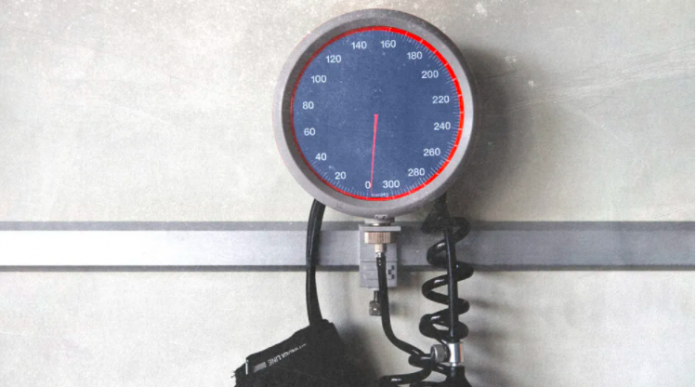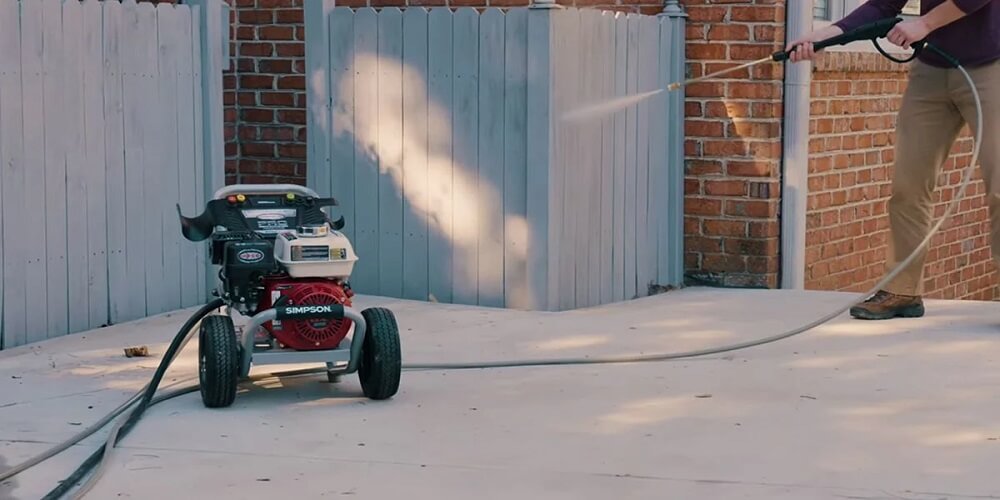- Controlling blood pressure is a major challenge for close to half of all adults in the United States.
- Researchers say that older women and younger men are more likely to have uncontrolled hypertension, even with blood pressure-lowering medications.
- Health experts say that lifestyle choices and a low tolerance for certain medications can make it hard to manage hypertension.
Hypertension, or high blood pressure, elevates people’s risk of several illnesses, including cardiovascular and kidney disease, stroke, and complications from COVID-19Trusted Source.
More than 92 million adults in the U.S. do not have their blood pressure under control.
Until now, studies have barely explored how uncontrolled hypertension affects men and women at different ages.
Aayush Visaria, M.D., M.P.H., who is a postdoctoral research fellow at Rutgers Institute for Health, Health Care Policy and Aging Research in New Brunswick, NJ, led a study examining this issue.
Dr. Visaria presented the study’s results at the Hypertension Scientific Sessions 2021Trusted Source, which the American Heart Association (AHA) ran.
Dr. Visaria and his cohorts examined data from the 1999–2018 National Health and Nutrition Examination SurveysTrusted Source.
These included more than 13,200 adults aged 20 years and older, all of whom had received a diagnosis of hypertension and were on blood pressure-lowering medication.
The average age in the cohort was 57 years. Women made up 52% of the participants, 71% of whom were white.
The researchers separated the participants into 10-year age groups and compared the rates of uncontrolled hypertension between men and women.
They looked at rates of hypertension control using older and newer definitions of high blood pressure. The 2014Trusted Source Joint National Commission (JNC) guidelines define high blood pressure as 140/90 millimeters of mercury (mm Hg) or higher, whereas the 2017Trusted Source AHA/American College of Cardiology (ACC) guidelines define it as 130/80 mm Hg or higher.
The researchers adjusted their data for comorbidities and metabolic, social, behavioral, and demographic factors.
Observing uncontrolled hypertension
The authors noted that 34% of the 13,253 participants had uncontrolled hypertension. Women and men aged 50–69 years showed similar odds of having this condition.
However, the researchers observed these differences among other age groups:
- Among those aged 20–29, men showed a 59% greater chance of uncontrolled hypertension than women.
- Among those aged 30–39, men had a 70% increased risk of uncontrolled hypertension compared with women.
- Among those aged 40–49, men were 47% more likely to have uncontrolled hypertension than women.
- Among those aged 70–79, women had a 29% greater chance of uncontrolled hypertension compared with men.
- Among those aged 80 and older, women were 63% more likely to have uncontrolled hypertension than men.
These results are based on the AHA/ACC guideline definition of hypertension. However, using the JNC definition produced similar findings.
Risk factors for young men
Derek M. Griffith, Ph.D., is the founding co-director of the Racial Justice Institute, founder and director of the Center for Men’s Health Equity, and professor of health systems administration and oncology at Georgetown University in Washington, D.C.
In an interview with Medical News Today, Dr. Griffith commented:
“It is great to see the American Heart Association begin to look at these issues by gender. We have long known that men under 50 have particularly poor health profiles, despite middle-age being portrayed as the prime of life. From age 35 and up, heart disease is one of the top two leading causes of deathTrusted Source for men, and much of heart disease mortality is due toTrusted Source uncontrolled hypertension.”
Dr. Griffith cited a 2018 studyTrusted Source suggesting that men aged 45–64 years had a higher risk of stroke than women in both Black and white populations.
He believes that young and middle-aged men struggle with heart health “because of the multiple role demands and financial pressures that cluster in middle-age.”
Dr. Griffith further explained:
“The current generation of young adults have tended to delay pursuing key adult roles and responsibilities, [such as] marriage, homeownership, and beginning careers. [They have] faced considerable student loan debt, stagnant wages, increased social isolation, and sedentary behavior associated with technology use — [for example,] social media, video games, [and] binge watching shows and movies. These factors are sources of stress that may raise blood pressure and stimulate unhealthy eating, sugar sweetened beverage consumption, smoking, alcohol use, and other behaviors […]. These stress-coping behaviors can lead to high blood pressure.”
In middle age, he added, physical decline often results from lifestyle choices and experiences up to that point.
Jennifer Wong, M.D., FACC, is a cardiologist and medical director of noninvasive cardiology at MemorialCare Heart and Vascular Institute at Orange Coast Medical Center in Fountain Valley, CA.
In an interview with MNT, Dr. Wong remarked that the findings matched her own anecdotal observations. She mentioned several factors contributing to higher incidences of uncontrolled hypertension in young men:
“I think for younger patients, it could be an element of noncompliance: not going to doctors, not taking medications — […] especially young men.”
She has seen that hypertension in some of her young male patients is more resistant to medications. Younger individuals “also tend to be more sensitive to medications.”
Moreover, Dr. Wong said, young patients often do not tolerate beta-blockers, a common blood pressure-lowering medication.
Why older women?
According to Dr. Visaria and his co-authors, “[…] women tend to have an accelerated increase in blood pressure and cardiovascular disease risk after menopause.”
For Dr. Wong, treating some older women with uncontrolled hypertension presents a challenge.
She has observed: “[O]lder women tend not to tolerate lower blood pressures, so [it’s] difficult to treat the high blood pressures without running into lower blood pressure where they feel underperfusedTrusted Source.”
Dr. Wong expressed concern that society underestimates the prevalence and severity of cardiovascular disease in women.
Although men are more likely than women to develop heart disease, this illness “is still the number one killerTrusted Source in women, more than breast cancer.”
The study did have some limitations. For instance, the researchers’ health data provided only one blood pressure reading at one time point for each participant. This single reading could not accurately quantify blood pressure, which normally fluctuates throughout the day.
Dr. Visaria also expressed the need for further research to discover the mechanisms behind these differences in uncontrolled hypertension.
He suggests: “In order to really determine whether uncontrolled hypertension rates are changing in women vs. men across age, a prospective study where blood pressure measurements are tracked over time in women and men with hypertension is ideal.”











